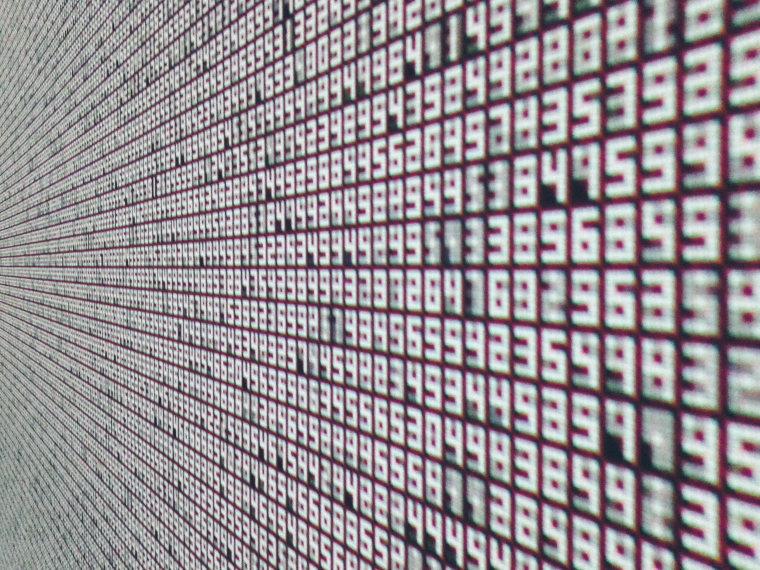Researchers at the University of Central Michigan have discovered the largest prime number to date — a number so humongous it's got more than 22 million digits, or almost 5 million digits larger than the previous record prime.
Just how big is this new prime number? To print it out in tiny type, it'd run more than 13.5 million miles long.
The find was made earlier this month on a university computer used by Professor Curtis Cooper. He and his colleagues are already credited with discovering three previous record primes, using so-called GIMPS (Great Internet Mersenne Prime Search) software.
"I think I still have the same excitement as when we were lucky enough to find the first one," Cooper said in a YouTube video published by Australian mathematician and stand-up comedian Matt Parker. "The fourth time here is as exciting as the first time."
In case you’ve forgotten high school math, a prime number is a whole number larger than one that can be divided by only one and itself.
The new largest prime number has 22,338,618 digits. It belongs to a special class of extremely rare prime numbers known as Mersenne primes, named for Marin Mersenne, the 17th century French monk and mathematician who first studied these integers more than 350 years ago.
Related: Brain Scans May Predict Math Gains in Children, Study Finds
The new record prime starts with 300376, then carries on with millions upon millions of other digits, and eventually ends with 43651. Also referred to by its mathematical shorthand, M74207281, the number is calculated by multiplying together 74,207,281 twos and then subtracting one.
So exactly what good is this gigantic new prime? Mathematicians readily admit the discovery has no real practical use.
"It’s just something interesting. It’s just a huge scientific and mathematical achievement," Parker said in his video.
Of course, it's been proven that there are infinitely many primes — it's just that humans haven't gotten around to finding them yet.
